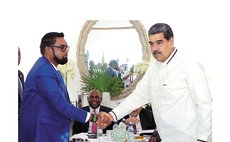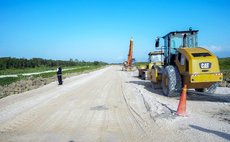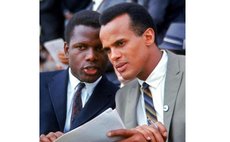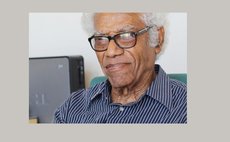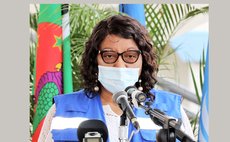Votes counting starts for Scottish independence referendum
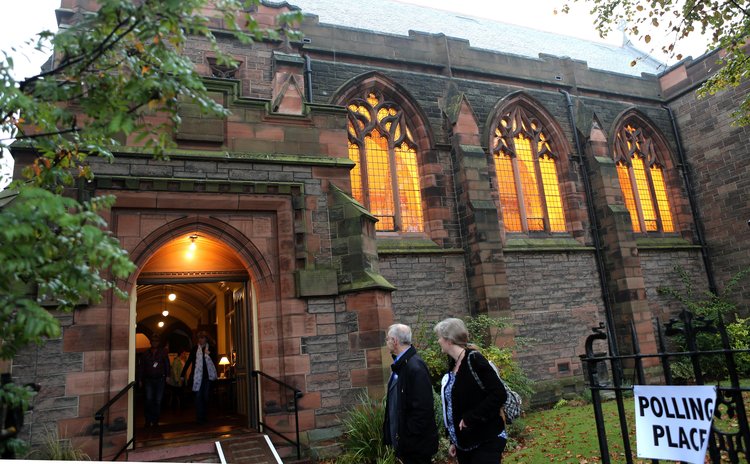
EDINBURGH, Sept. 18 (Xinhua/Sun) -- The votes counting for the Scottish independence referendum started immediately after the ballots closed on Thursday night.
Polling stations in 32 local authorities across Scotland closed at 10 p.m. British Summer Time and the referendum results is expected to trickle in from as early as 1 a.m. on Friday.
Expected to be announced at around 6.30 a.m.- 7.30 a.m. on Friday local time at the earliest, the precise and final result of the referendum may be much later on Friday, due to the volume of people voting at about 4.29 million.
The result will be announced by the chief counting officer Mary Pitcaithly, once it has become impossible for the other side to win. This may happen before the precise final result is known.
However, there are logistical issues that may delay the announcement of the vote.
Apart from road and rail transport, boat, aircraft and maybe helicopter are planned as tools to transport boxes of ballot papers to ensure the timely transfer of the votes.
Unlike the British general elections, and just to keep things exciting, there will be no exit poll. The ballots will be counted overnight.
This is the first Scottish independence referendum in Britain's history and official figures showed that about 97 percent of those eligible to vote in Scotland signed up to vote in the referendum, which is set to be the biggest poll in Scotland's history.
If a simple majority of Scots vote for independence, Scotland would become independent on March 24, 2016 after a period of negotiations with the rest of Britain, according to the whitepaper Scotland's Future published by the Scottish government on Nov. 26, 2013.
If the "No" campaign wins, British Prime Minister David Cameron, leader of the Conservative, Labor Party Leader Ed Miliband and Deputy Prime Minister Nick Clegg, leader of the Liberal Democratic Party, offered more powers for Scotland starting on Sept. 19.
In October 2012, Cameron and Scottish First Minister Alex Salmond, leader of the ruling Scottish National Party, signed the Edinburgh Agreement, allowing Scotland to hold an independence referendum in autumn 2014.
It is also the third referendum for Scotland after the two previous ones held respectively in 1979 and 1997 on Scottish devolution.
The referendum in 1979 failed to gain the mandatory 40 percent of the electorate, while the latter succeeded with an overwhelming majority of voters backing devolution.
As a devolved legislature, the Scottish parliament was reconvened in 1999 with authorities over some limited areas of home affairs, and the parliament of the United Kingdom keeps "reserved" powers including the ability to amend the terms of reference of the Scottish parliament.
